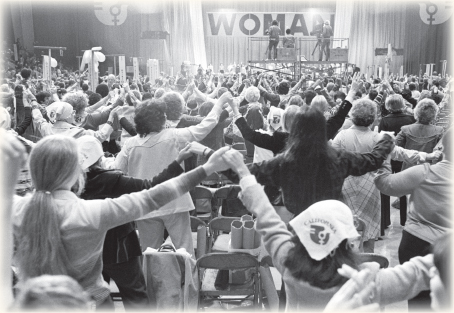

As part of the UN International Women’s Year, more than two thousand delegates and eighteen thousand observers attend the government-sponsored National Women’s Conference in Houston. For the opening, a lighted torch is passed 2,600 miles from Seneca Falls, New York (the birthplace of women’s rights in the United States), to Houston, Texas.
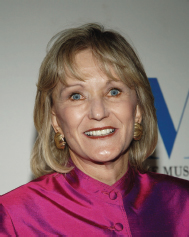
Kay Koplovitz launches the Madison Square Garden sports network (MSG); she later becomes the first female television network president when MSG becomes the USA Network.
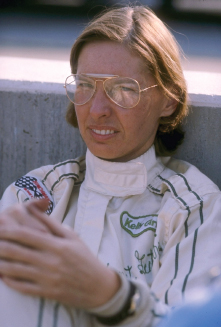
Janet Guthrie is the first woman to drive in the Indianapolis 500 auto race.

Josie Cruz Natori founds the high-end lingerie company Natori.
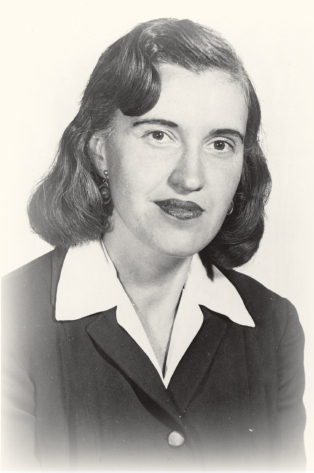
Physicist Rosalyn Yalow receives the Nobel Prize for her work in developing radioimmunoassay, a technique that uses radioactive isotopes to measure small amounts of biological substances. This technique is now in widespread use by medical professionals and scientists. She says: “We cannot expect in the immediate future that all women who seek it will achieve full equality of opportunity. But if women are to start moving towards that goal, we must believe in ourselves or no one else will believe in us; we must match our aspirations with the competence, courage and determination to succeed.”
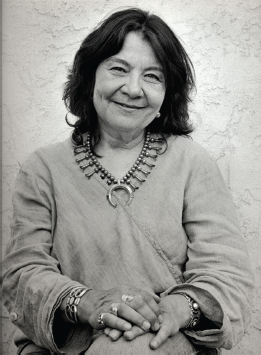
Native American author Leslie Silko publishes her first novel, Ceremony, to great critical acclaim. Her writings weave oral traditions of her people with Western literary forms.
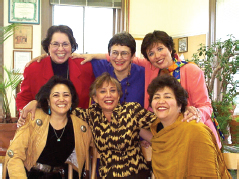
Juana Bordas (center of first row) starts the Mi Casa Resource Center for Women to advance self-sufficiency for low-income Latinas and youth.

Television, theater, and film actress Meryl Streep appears in her first film, Julia. She is the most nominated actor in Academy Award history.
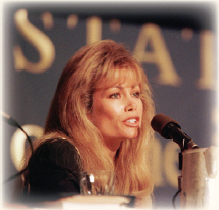
Debbi Fields founds Mrs. Fields Cookies, Inc. Fields says: “You do not have to be superhuman to do what you believe in.”
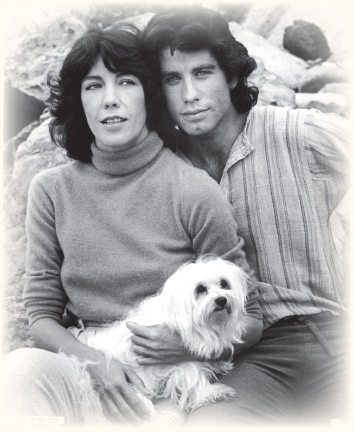
Versatile actress and comedienne Lily Tomlin wins the first of two Tony Awards. Two of the characters she creates in the early 1970s on the television series Rowan and Martin’s Laugh-In, Ernestine and Edith Ann, are still well known more than thirty years later.
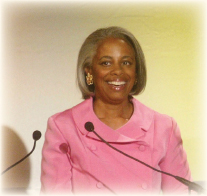
Ann Fudge begins a long and successful executive career in marketing at General Mills; later, she becomes CEO at Young and Rubicam and the most prominent African American corporate executive on Madison Avenue.
The Organization of Chinese American Women is founded to advocate and advance the needs of Chinese and Asian Pacific American women.